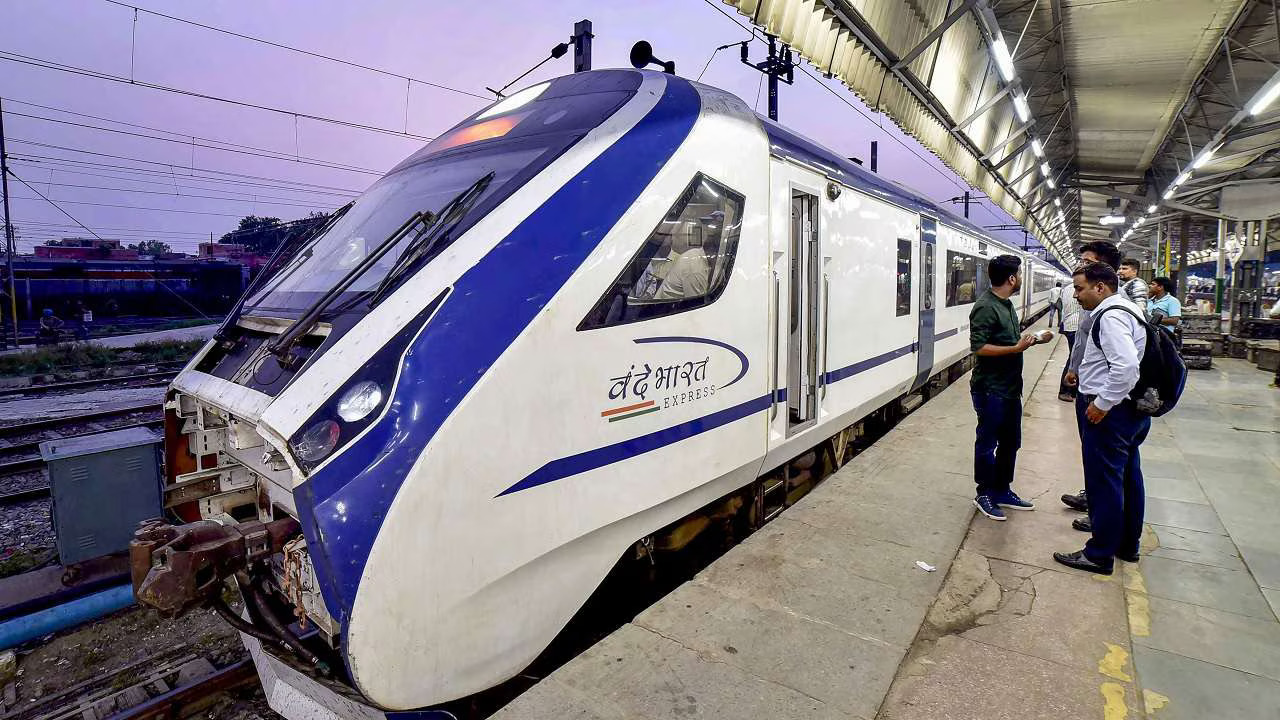Indian Railways has initiated a special train service from Katra to New Delhi. The move, aimed at providing immediate relief to stranded passengers and tourists, comes amid heightened public concern and logistical challenges following a deadly attack in the region that left over two dozen civilians dead and many injured.
With travel and transport in parts of Jammu and Kashmir facing severe disruption, the emergency rail operation is being seen as a critical intervention. Railway officials confirmed that the train will depart from Katra at 9:20 pm, halting briefly at Udhampur and Jammu Tawi stations, before reaching the national capital by 9:30 am the following morning. Ticketing for this special service has been made accessible at key regional stations including Katra, Udhampur, and Jammu, ensuring last-minute boarding for affected passengers. While the broader context of this service is rooted in tragic circumstances, its swift rollout highlights the importance of resilient and flexible public transport networks, particularly in regions prone to geopolitical and environmental uncertainties. Officials overseeing the operation underscored the special train’s role in “managing the unexpected rush of passengers and ensuring a safe, timely, and dignified journey for those impacted by the disruption.”
The National Highway near Ramban, a crucial vehicular link that had been rendered partially inaccessible, has also been restored on a one-way basis, adding some relief to road commuters. However, with highway travel still unpredictable and often perilous in such conditions, the availability of a direct railway link to Delhi offers a much-needed alternative that is both safer and more sustainable. Sustainable mobility experts welcomed the decision, noting that such rapid mobilisation of clean rail infrastructure during crises reflects both operational efficiency and ecological responsibility. In times of disaster, rail transport, which boasts lower emissions compared to road and air alternatives, emerges as a climate-conscious tool for humanitarian assistance.
For stranded tourists, many of whom had travelled to Jammu and Kashmir during the spring season to experience its famed natural beauty, the special train is a welcome solution after hours—and in some cases days—of uncertainty. Several passengers reported difficulties in securing hotel accommodations or alternative transport amid heightened security and overcrowding in local terminals. The introduction of the train offers not just a physical route to safety but also a semblance of structure in a chaotic and emotionally charged environment. Tourism and hospitality businesses in the region, already reeling from the impact of such security-related events, have also expressed cautious optimism over the government’s response. While the incident has cast a long shadow over upcoming travel plans and threatens to erode confidence in the region’s safety profile, the prompt rail response is being recognised as a reassuring sign of institutional commitment to tourist welfare.
Urban policy analysts have suggested that this scenario underlines the broader need for embedding transport resilience into tourism planning, especially in ecologically sensitive and politically volatile areas like Jammu and Kashmir. They advocate for decentralised mobility networks, real-time contingency logistics, and integrated ticketing systems to ensure minimal disruption to movement during emergencies. Government officials have reiterated their dedication to ensuring the safety and comfort of every citizen and visitor in the region. They have also called upon the public to remain calm and cooperative, and to adhere to travel advisories and security protocols being updated in real time.
While the special train is, by design, a temporary measure, its successful deployment could pave the way for a more permanent crisis-response infrastructure within the national transport system. Whether through emergency-only services or standby rolling stock, the concept of “mobility preparedness” is likely to gain ground as India’s transportation networks evolve to face not only climate events but also man-made crises.
As operations stabilise in the coming days, the focus will shift towards rebuilding confidence in travel to and from Jammu and Kashmir. However, the response so far, particularly the activation of the Katra–Delhi special train, stands as a compelling example of adaptive governance and humane mobility management—values that are increasingly indispensable in today’s complex civic landscape.
Also Read : https://urbanacres.in/bengaluru-metro-fines-passengers-for-tobacco-use-in-trains-and-stations/


